Jay Whiteley now knows his true calling is as a sommelier.
I had an identity crisis early this year.
For so many years I had worked in restaurants and was known to friends and family as a sommelier. Then, I decided I wanted to learn more about the LCBO and took a job with a wine agency. It was a tremendous learning experience and I saw first hand just how inefficient the LCBO is and how hard it is to get wine into the province. It takes a great deal of hard work from truly passionate people to get wines through all the red tape. Not to mention the delivery guys that have to wait in the cold and rain at the board before having to bring the wine to a restaurant. In this market, they are the unsung heroes.
But I wanted to get back. I had put down my corkscrew. I was not using the skill set and doing the things that I identified with as being a sommelier. When I was introduced to people and was called a sommelier, I felt fake, like I should turn in my pin. At home, I even stopped drinking from my tastevin.
Above all, I was not working in a restaurant. I was not conveying my passion to people who were going to eat and drink and maybe try something so far out of their comfort zone that they come back and tell me how much a bottle complimented their meal and their evening.
I wasn’t listening to what people want to drink and offering alternatives that are similar and eye opening at the same time. There are many people that I speak with every day that have far more knowledge than I do about a particular region or chateau, but if they are not buying and selling in a restaurant setting, it is hard for me to identify them as a sommelier. They might be wine enthusiasts or have a passion for the grape, but it is hard for me to call them a sommelier unless they are in the trenches each night gathering intel about what to buy and sell.
That intel should be translated into knowledge. As a working sommelier I am always reading about wines, and following trends trying to stay ahead of the curve and what costumers may want in the coming months and seasons. I’ve met many sommeliers that stop reading and learning. It is easy to get caught up the hectic life of a restaurant, it is fun, I’ve been there! But when I wasn’t in a restaurant talking to people about wines, I stopped learning about wines and reading the trades. Nor did I have as broad of a view of the wine world. A sommelier is rarely pigeon-holed into one region or a collection of wines like other sales people. A sommelier has the ability to buy wines from all over the world. A good sommelier has to turn around and sell these wines and make money for the owners, but the deal is already done. The restaurant guest is willing to buy a bottle the moment they walk into an establishment. A good sommelier just has to find out what wine they want to drink and at which price point.
I wasn’t talking about money as much. As a sommelier in a restaurant, it is important to know how much money I can play with when someone asks me to choose a wine for them. Numbers don’t lie. Tell me you want to spend $150 and I’ll find you some great wine. But please don’t let me guess how much you want to spend. Money is very subjective and the price of wine always depends on how much money you have. To some, $500 for a bottle or two at lunch is perfectly acceptable.
Another key factor of being a sommelier is inventory. It happens 12 times a year in most places and over the time it takes to do it a good sommelier can become a great one. It is during these times that a sommelier can find forgotten wines, things that are languishing that have been tying up money. To fully be part of a wine program a sommelier needs to understand how many bottles of each wine are available. It helps when a large party sits down at 8pm on a Friday night and you don’t have to changes glasses 3 times because you keep running out of wine. Inventory is an integral part of being a sommelier. Without it, you can’t explain your purchases or know how much you can spend next month.
As much as I dislike inventory and management meetings and talking to the accountant asking for money to buy more Burgundy, I love my job at 8pm on a Friday night. When I don’t have enough time to open three bottles of wine while the chef is yelling at someone for something and there is a guest at the front door who wants to pre-select a wine for tomorrow’s dinner while over at table 33, I can see an engagement and need that champagne to be open within seconds. That is when I love my job and to be what it means to be a sommelier.
Follow Jay Whiteley on Twitter at @corkdork.

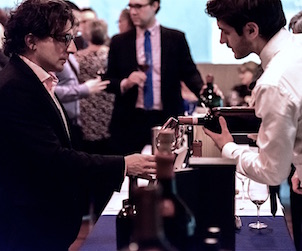
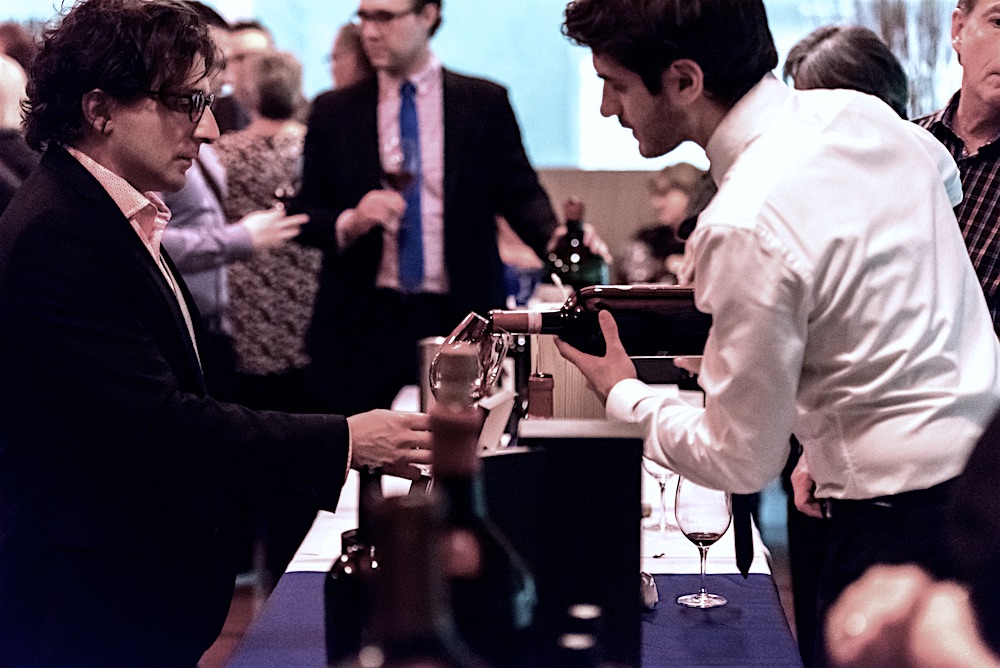

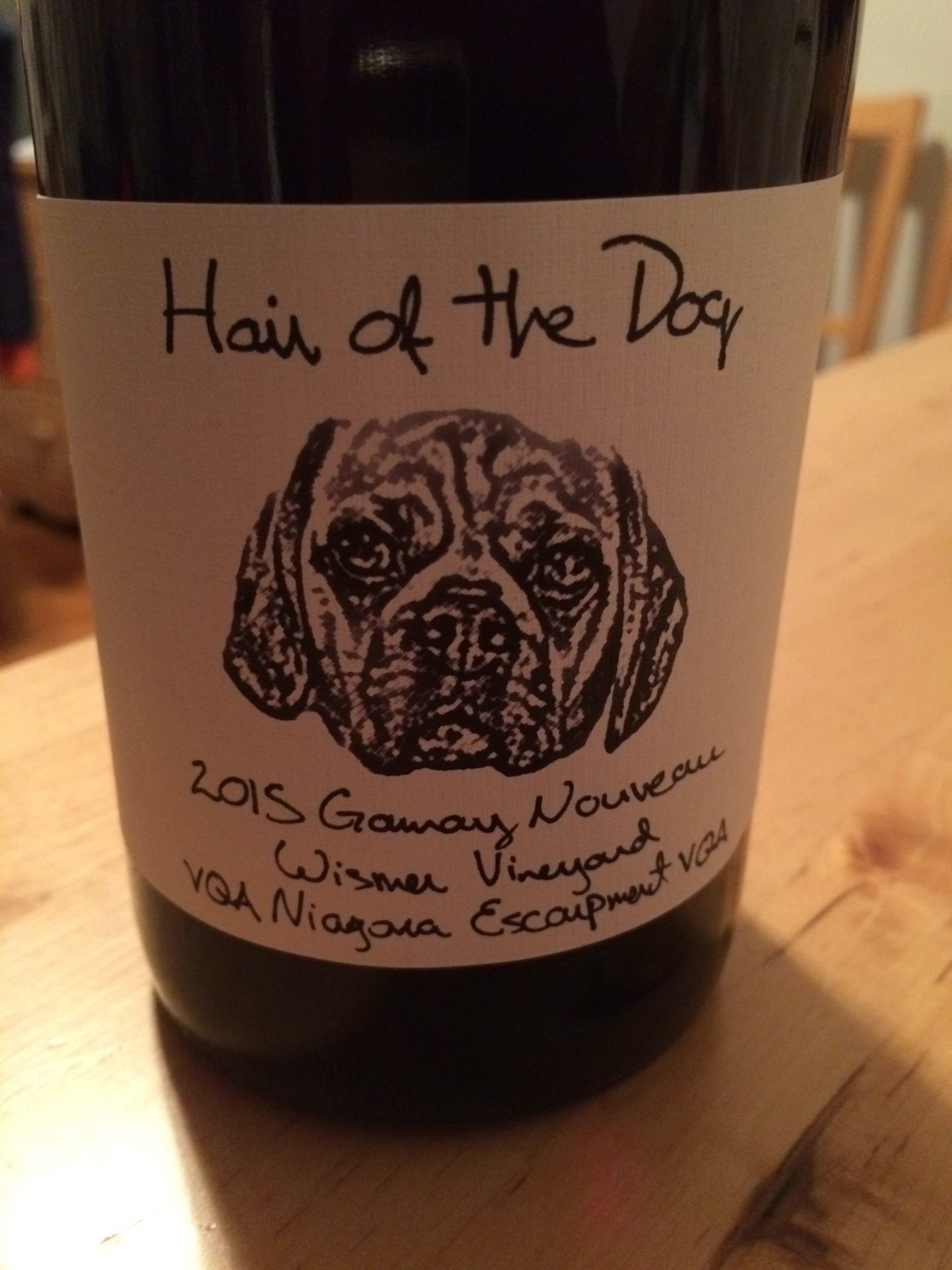
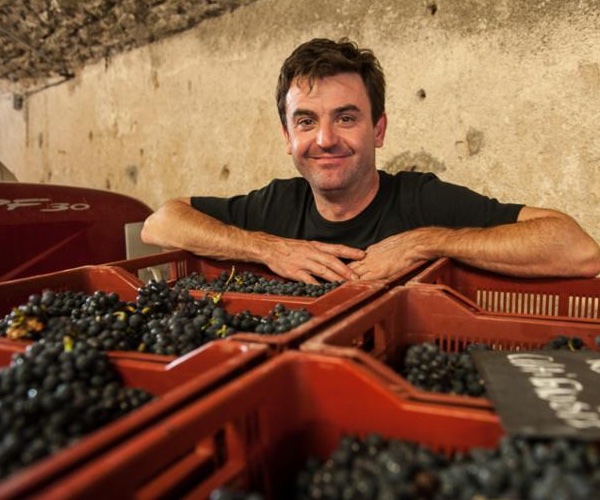

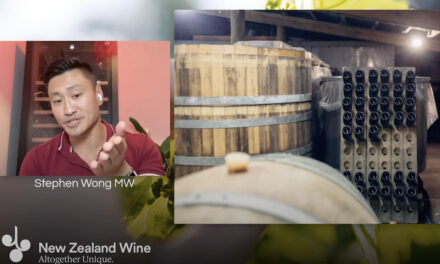

I loved (and miss) my life as a somm. Wonderful story, Jay!